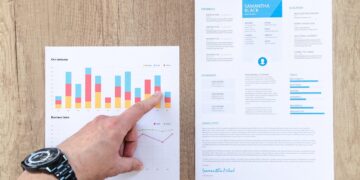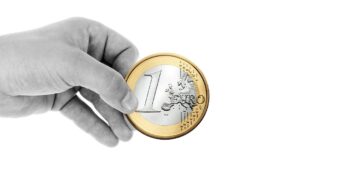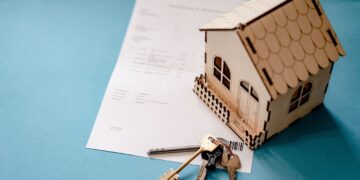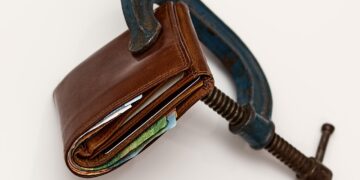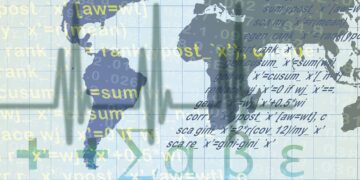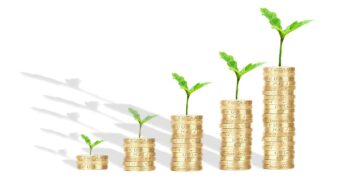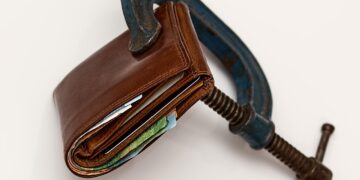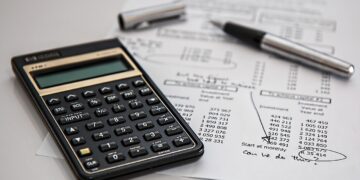Building Security or Breaking Free: Emergency Fund vs. Paying Off Debt
In the journey towards financial security and independence, two critical components often dominate conversations: building an emergency fund and paying off debt. Choosing between bolstering one’s safety net with an emergency fund and escaping the shackles of debt can be both confusing and crucial. In this article, we dive deep into each aspect, compare their benefits, and guide you through making the best decision tailored to your financial circumstances.
Understanding the Basics
What is an Emergency Fund?
An emergency fund is a financial safety net designed to cover unexpected expenses such as medical bills, urgent home repairs, or sudden unemployment. Experts typically recommend that your emergency fund should cover three to six months’ worth of living expenses.
The Burden of Debt
Debt refers to money borrowed by one party from another. While debt can be instrumental for financial growth, such as in taking loans for education or home purchasing, it often carries a psychological and financial burden. Whether it be high interest rates, credit card debt, or personal loans, clearing debt can become a pathway to financial freedom.
Benefits of Each Approach
Benefits of Building an Emergency Fund
- Financial Stability: An emergency fund offers a buffer that can help you avoid taking on new debt when unexpected expenses arise.
- Peace of Mind: Knowing you have a reserve can reduce stress and provide emotional comfort.
Benefits of Paying Off Debt
- Reduced Interest Payments: Paying off high-interest debt early can save money in the long term.
- Improved Credit Score: Lowering your debt ratio can enhance your credit score, making it easier to qualify for better loan terms in the future.
Assessing Your Financial Situation
Before deciding to focus on building an emergency fund or paying off debt, it’s crucial to assess your unique financial situation. Consider factors such as your job stability, health, monthly income, budget constraints, personal and family needs, the nature of your debts, and the amount of your existing savings.
Strategies for Common Scenarios
High-Interest Debt
If you’re facing high-interest debt such as credit card balances, it might be more beneficial to prioritize paying off these debts. High-interest rates can compound quickly, making it difficult to manage your finances.
Minimal Savings
For individuals with minimal savings, starting an emergency fund should take precedence. Even a small fund can prevent the need for high-interest debt in the case of unexpected expenses.
The Hybrid Approach
A balanced approach often works best. Allocate a portion of your financial resources to slowly build an emergency fund while simultaneously addressing debt reduction. This strategy helps manage both priorities without compromising one for the other.
Breaking Down Numbers
Creating a personalized financial plan involves understanding the implications of each decision. For instance, compare the interest rates on your debts with the potential earnings from an investment with equivalent risk to your emergency fund. This calculation can often reveal the financially optimal choice.
Tailoring a Plan That Works for You
Financial planning isn’t one-size-fits-all. Consider speaking to a financial advisor who can provide insights based on your personal financial situation, future goals, and current economic trends. Utilizing tools like debt calculators or budgeting apps can also aid in making informed decisions.
Frequently Asked Questions
Should I stop contributing to my retirement to pay off debt faster?
While paying off high-interest debt is crucial, it’s also important not to neglect your retirement savings, especially if your company matches contributions. Evaluate the benefits on a case-by-case basis.
What should I tackle first, student loan debt or credit card debt?
Typically, credit card debt carries higher interest rates compared to student loans. Prioritizing credit card debt can save more money on interest payments.
Conclusion
Choosing between building an emergency fund and paying off debt involves a careful evaluation of your financial landscape. By understanding your personal financial needs, crafting a balanced approach, and maybe working with a financial professional, you can ensure that you make the right decision for your financial path toward stability and freedom.


